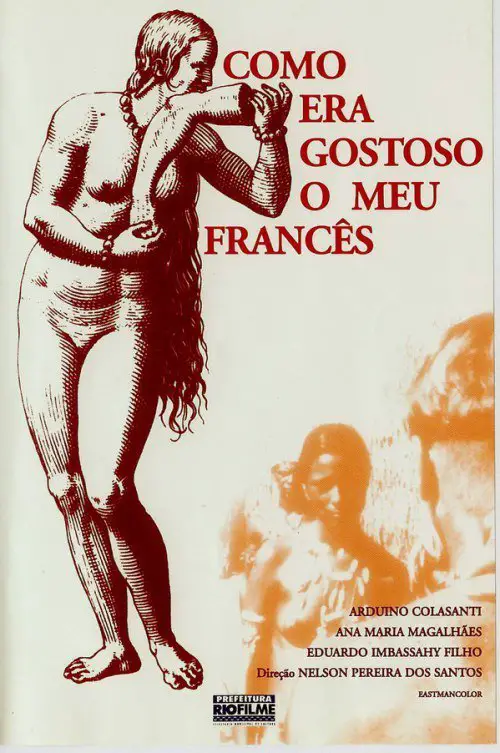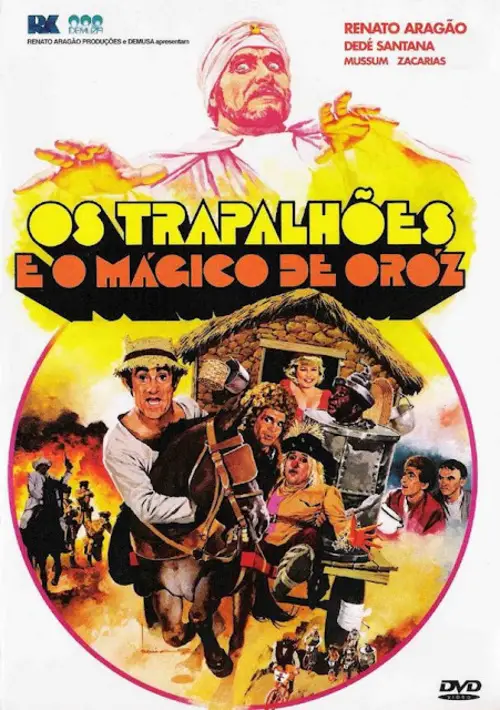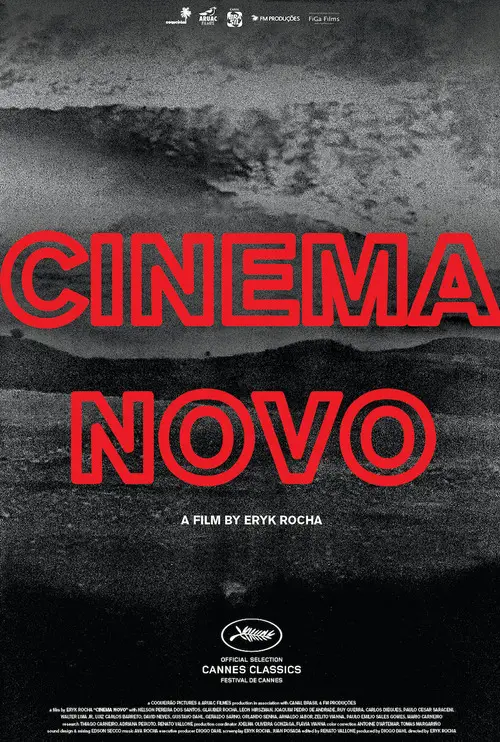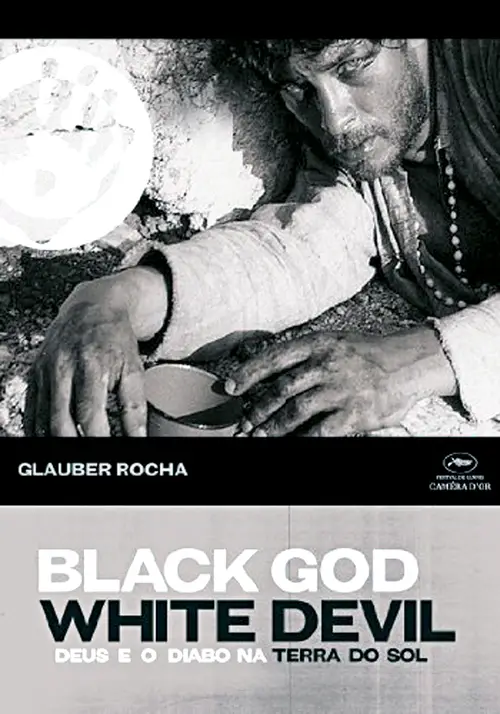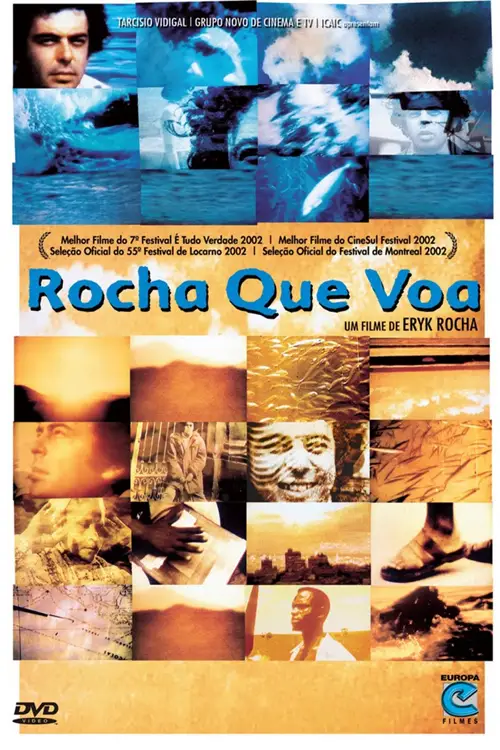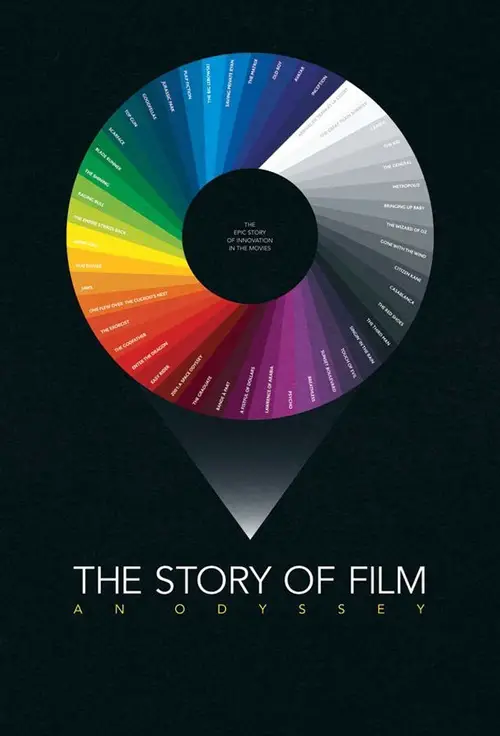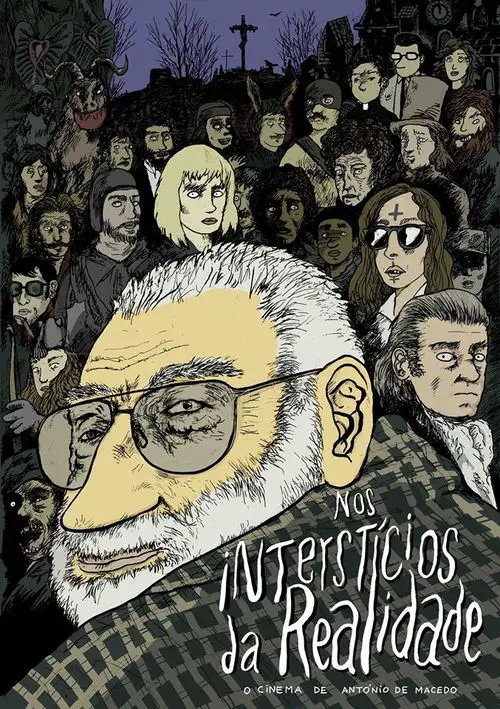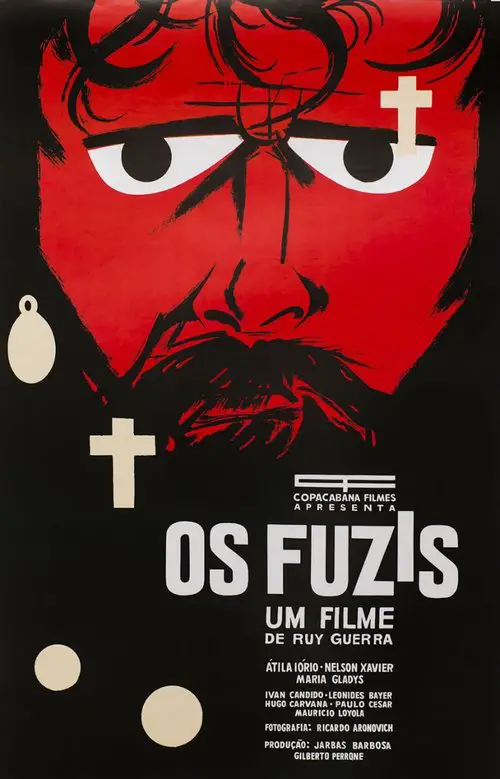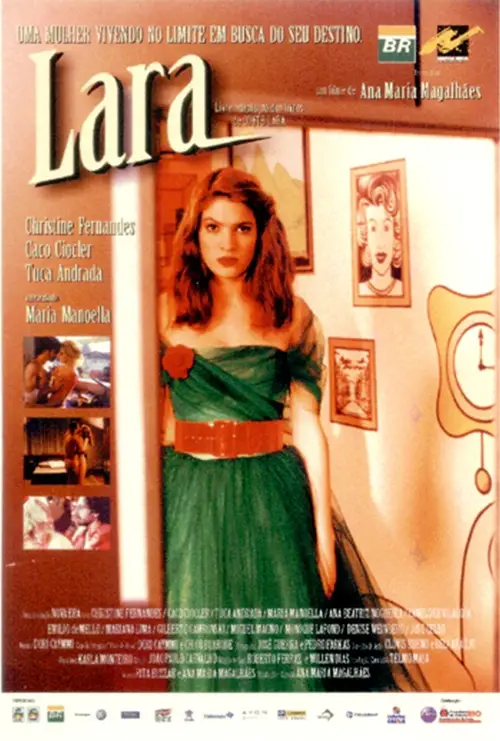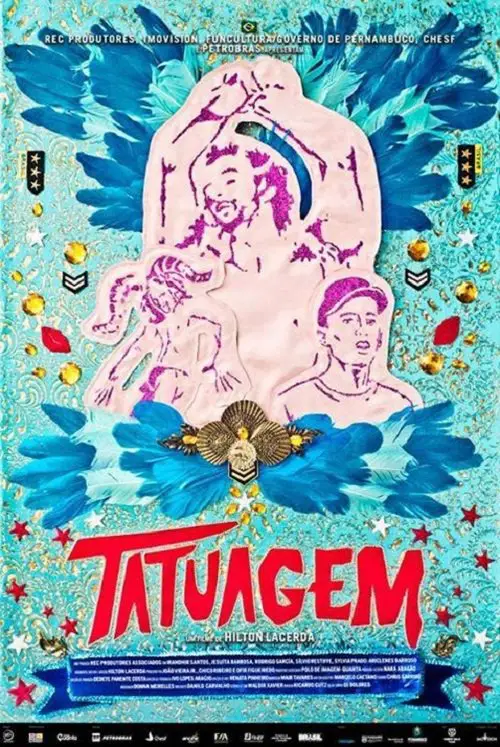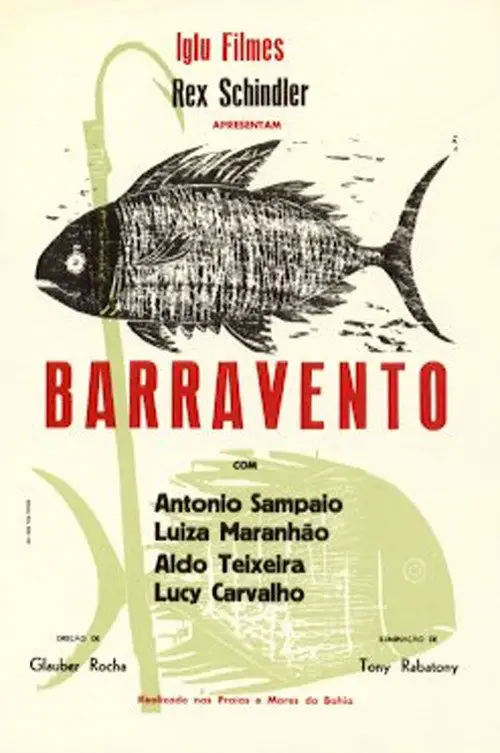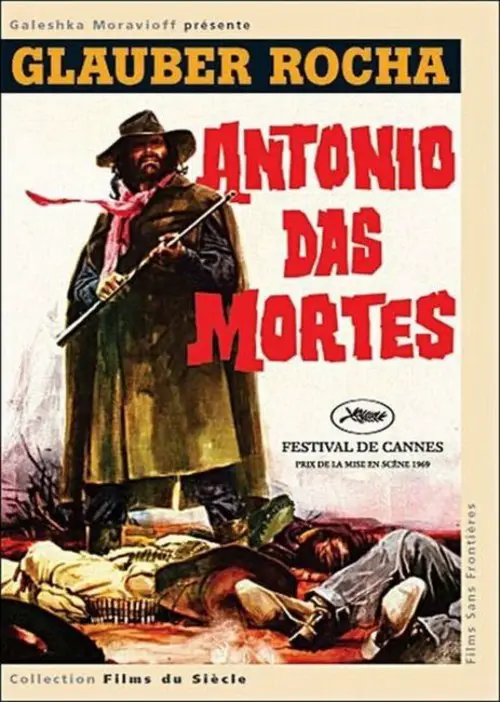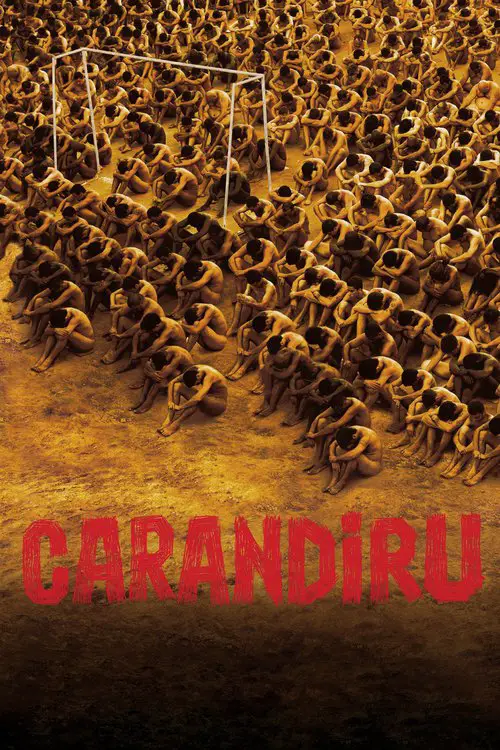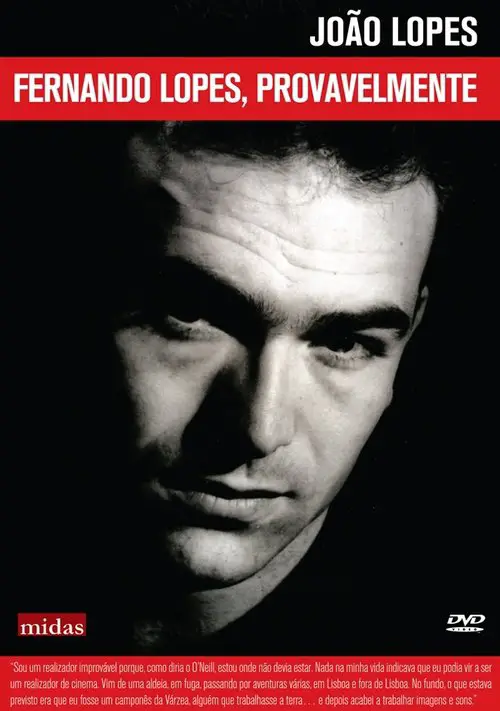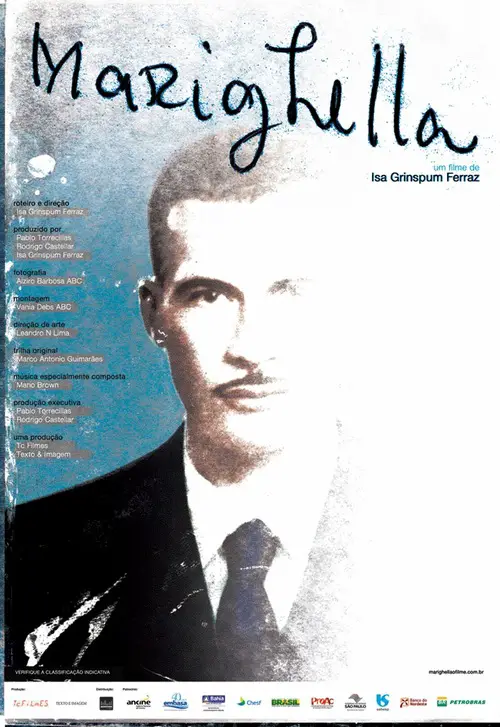Jungle Freaks (1969)
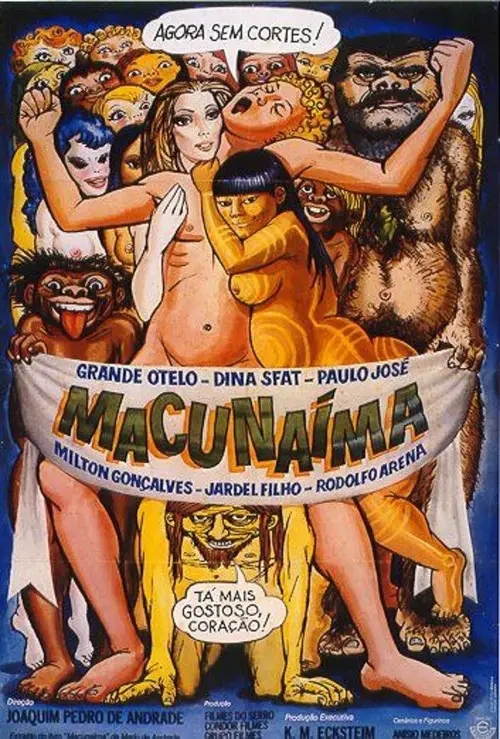
Similar movies
In 1594 in Brazil, the Tupinambás Indians are friends of the Frenches and their enemies are the Tupiniquins, friends of the Portugueses. A Frenchman (ArduÃno Colassanti) is captured by the Tupinambás, and in spite of his trial to convince them that he is French, they believe he is Portuguese. The Frenchman becomes their slave, and maritally lives with Seboipepe (Ana Maria Magalhães). *Contains Spoilers* Later, he uses powder in the cannons that the Portuguese left behind to defeat the Tupiniquins in a battle. In order to celebrate the victory, the Indians decide to eat him.
Despairing at the lack of food and poverty in the Northeast, friends Didi, serum and Armadillo to leave town. On the way, find a Scarecrow who wants to have a left brain. Following, they discover the Tin Man, whose problem is the lack of a heart. Together they come to the city of Oroz, battered by drought and the tyranny of Colonel Ferreira, on which the Delegate Leo did not take any action because it is cowardly.
CINEMA NOVO is a movie-essay that investigates poetically the most important movement of Latin America cinema, through the thoughts of its main auteurs: Nelson Pereira dos Santos, Glauber Rocha, Leon Hirszman, Joaquim Pedro de Andrade, Ruy Guerra, Walter Lima Jr., Paulo César Saraceni, among others.
Rugrats Go Wild is a 2003 crossover animated film, with two animated Nickelodeon television series Rugrats and The Wild Thornberrys.The film was produced by Klasky Csupo and released in theaters on June 13, 2003 by Paramount Pictures and Nickelodeon Movies. It also makes this the Rugrats series finale, after the show ceased production. As there are currently no further Rugrats movies in production, Rugrats Go Wild stands as the final Rugrats film. It is the only Nickelodeon film to be a crossover. Although it is a crossover film, it is primarily a Rugrats movie as the main plot focuses on the those characters.The Rugrats family vacation takes an exotic detour when their boat capsizes and they become shipwrecked on a deserted tropical island. With the jungle as their new backyard, the babies reace wildly from one dangerous adventure to the nextâ¦soon to discover that someone else is on the island. It's The Wild Thornberrys...on an island adventure of their own!
The Story of Film: An Odyssey, written and directed by award-winning film-maker Mark Cousins, is the story of international cinema told through the history of cinematic innovation. Five years in the making, The Story of Film: An Odyssey covers six continents and 12 decades, showing how film-makers are influenced both by the historical events of their times, and by each other. It provides a worldwide guided tour of the greatest movies ever made; an epic tale that starts in nickelodeons and ends as a multi-billion-dollar globalised digital industry. Described as a love letter to the movies, Cousins visits the key sites in the history of cinema; from Hollywood to Mumbai; from Hitchcock s London to the village where Pather Panchali was shot, and features interviews with legendary filmmakers and actors including Stanley Donen, Kyoko Kagawa, Gus van Sant, Lars Von Trier, Claire Denis, Bernardo Bertolucci, Robert Towne, Jane Campion and Claudia Cardinale.
Antonio of the Death is a "cangaceiros" killer. Cangaceiro is the local name for a popular leader. Antonio is hired to kill the one who seems to be the last one in the Pirahna's Valley. This man is being followed by a strange woman who is considered a Saint. Once Antonio has killed the Cangaceiro, he changes his way of thinking when listening to the Saint's words.
Film based on real life experiences of doctor Drauzio Varella inside dreadful State penitentiary Carandiru, in São Paulo, Brazil, while he was doing a social work of Aids prevention. There he found hundreds of convicts living under degrading conditions. The situation came to a climax in 1992, when in order to smother a rebellion, police force killed 111 men.
Biggest name left militancy in Brazil '60s, Carlos Marighella served in the main political events in Brazil between 1930 and 1969 and was considered the # 1 enemy of the Brazilian military dictatorship. Communist leader victim of prison and torture, parliamentarian, author of the world translated "Manual of the Urban Guerrilla," his life was a great act of strength and courage. Directed by his niece Isa Grinspum Ferraz, the feature Marighella is a historic building and affective this man who dedicated his life to thinking about Brazil and transform it through its action.
© Valossa 2015–2026
| Privacy Policy
